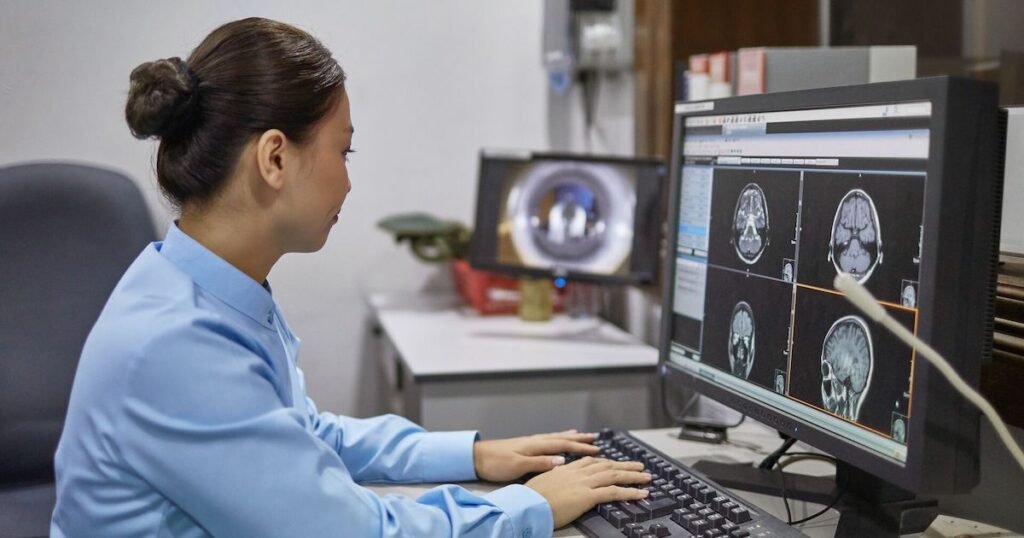Korean government introduces tariff support for medical technology companies
The South Korean Ministry of Health and Welfare and the Korea Health Industry Development Institute have come together to launch a tariff support center aimed at assisting medical device companies in navigating recent trade challenges. The Biohealth Industry Tariff Support Center, established on April 25th, is designed to help companies in the industry, including medical AI developers, in dealing with the impacts of new tariff measures in their biggest market, the United States, while also strengthening their long-term trade risk management capabilities.
“With the ongoing uncertainty surrounding the trade policy of the US – the world’s largest market for the biohealth sector – Korean pharmaceutical, medical device, and cosmetics exporters are experiencing heightened anxiety and tension. Through the support center, we will actively engage with companies on the ground and coordinate a whole-of-government effort to minimize damages and deliver a swift, comprehensive response,” said Jung Eunyoung, MOHW director-general for Health Industry Policy.
Qure.ai partners with Johnson & Johnson MedTech for lung cancer screening clinics in India
Johnson & Johnson MedTech has collaborated with Qure.ai to launch AI-powered lung cancer screening clinics across hospitals in India. Their partnership will see diagnostic hubs utilizing AI to detect incidental pulmonary nodules. Qure.ai’s technology will be deployed across 30 sites.
“In India, where access to advanced healthcare facilities is often limited, especially in tier-2 and tier-3 cities, patients face significant challenges in receiving timely and effective diagnosis, which further delays access to treatment,” noted Anuj Virmani, managing director of Johnson & Johnson MedTech India.
Mount Elizabeth Hospital in Singapore enhances patient experience with AI
Mount Elizabeth Hospital in Singapore has introduced a new patient web application powered by AI. The new app utilizes AI to allow inpatients to request in-room amenities and features augmented reality to help them navigate the app. Additionally, a separate finder app was launched to assist visitors and outpatients in finding their way around the hospital.
These new applications complement initiatives aimed at enhancing the patient experience in the 300-bed hospital, including the introduction of a multi-language television channel last year.


